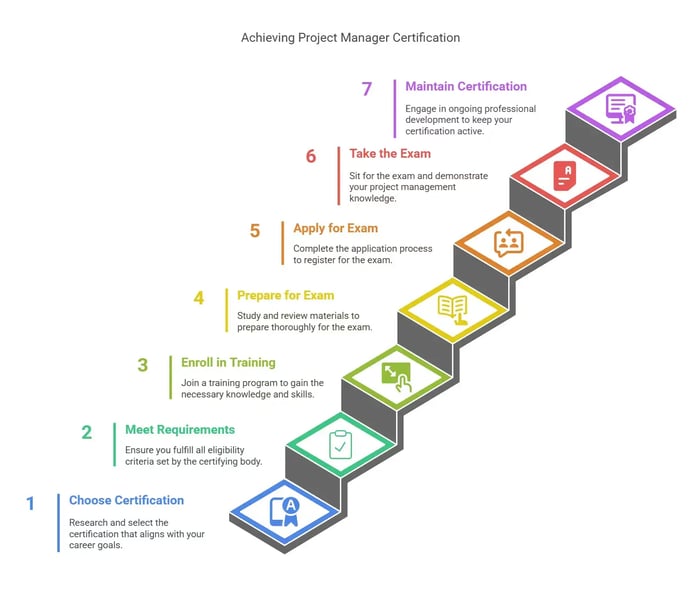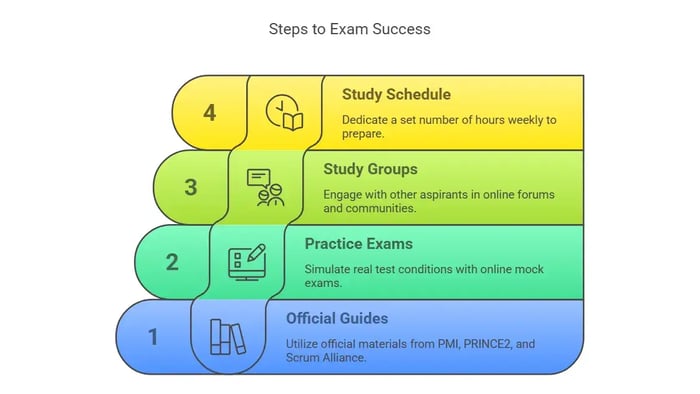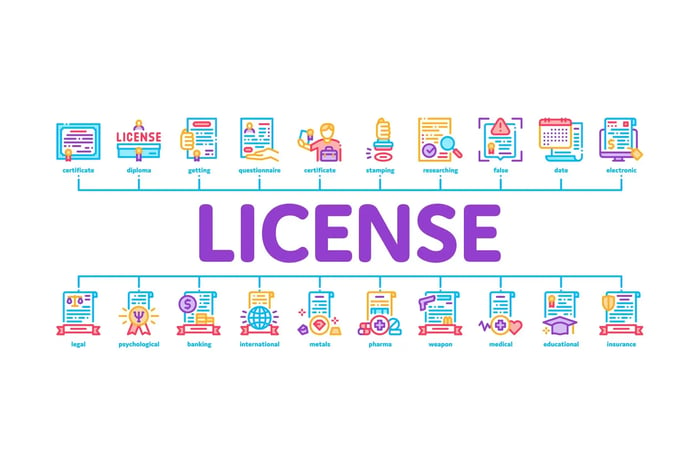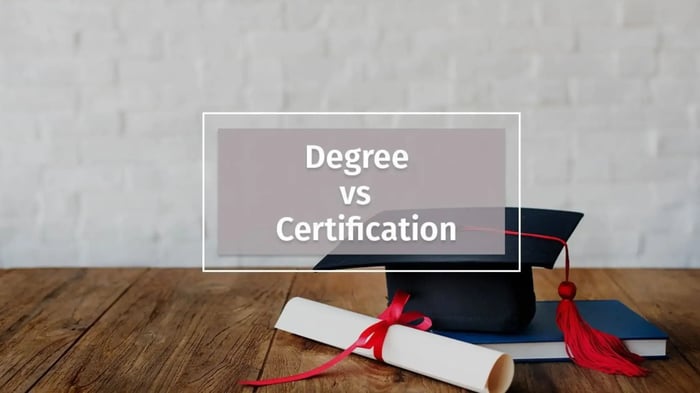Table of Contents
🚀 In today’s fast-paced business world, project management has become an essential skill for professionals aiming to advance their careers. A project manager license or certification can help you stand out, increase your earning potential, and validate your expertise. But how do you get a project manager license? This guide will walk you through the step-by-step process, including eligibility requirements, exam details, and tips for success.

What Is a Project Manager License?
📜 A project manager license, often referred to as a project management certification, is a credential that demonstrates your knowledge, skills, and experience in managing projects. While there is no universal “license” for project managers, there are industry-recognized certifications such as:
Project Management Professional (PMP®) by PMI
Certified Associate in Project Management (CAPM®) by PMI
PRINCE2 Certification
Certified ScrumMaster (CSM®) for Agile project management
CompTIA Project+
These certifications prove your project management proficiency and can be required by employers or government agencies. Refer to our in-depth guide for a detailed comparison between PMP and PRINCE2 certifications.
Step-by-Step Guide to Getting a Project Manager License

Step 1: Determine the Right Certification for You
🤔 Not all project management certifications are the same. Consider the following factors when choosing the right one:
Industry Requirements: Some industries prefer specific certifications. For example, PMP® is widely recognized in IT, construction, and healthcare.
Experience Level: If you are a beginner, CAPM® may be a better fit, while PMP® is for experienced professionals.
Career Goals: Choose a certification that aligns with your long-term aspirations.
Step 2: Meet the Eligibility Requirements
📋 Each certification has specific eligibility criteria. Here’s what you typically need:
| Certification | Education | Experience | Training Hours |
|---|---|---|---|
| PMP® | Bachelor's degree or equivalent | 3 years (36 months) leading projects | 35 hours of project management education |
| CAPM® | High school diploma | None | 23 hours of project management education |
| PRINCE2 | None | None for Foundation; PRINCE2 Foundation for Practitioner level | Training recommended |
| CSM® | None | None | 16 hours (2-day course) |
Step 3: Enroll in a Project Management Training Program
🎓 Most project management certifications require formal training. You can take:
Online Courses (e.g., Coursera, Udemy, PMI training)
Bootcamps (intensive training sessions)
University or College Courses
These courses help you meet the required training hours and prepare you for the exam.
Step 4: Prepare for the Exam
📚 Success in the certification exam requires a strategic study plan. Follow these best practices:

Use Official Study Guides: PMI, PRINCE2, and Scrum Alliance provide official prep materials.
Take Practice Exams: Simulate real test conditions with online mock exams.
Join Study Groups: Engage with other aspirants in online forums and communities.
Follow a Study Schedule: Dedicate a set number of hours weekly to prepare.
Step 5: Apply for the Certification Exam
📝 Once you meet the requirements, you can apply for the exam through the certifying body’s official website. The process typically involves:
Creating an account on the certification provider’s website
Filling out an application form
Submitting proof of experience and education
Paying the exam fee (varies by certification)
Step 6: Take the Exam
🖥️ The exam format varies by certification. Here’s what to expect:
| Certification | Number of Questions | Duration | Question Type |
|---|---|---|---|
| PMP® | 180 | 230 minutes | Multiple-choice |
| CAPM® | 150 | 3 hours | Multiple-choice |
| PRINCE2 | 68 | 2.5 hours | Objective testing |
| CSM® | 50 | 1 hour | Multiple-choice |
Step 7: Maintain Your Certification
🔄 Most certifications require periodic renewal.
PMP® & CAPM®: Earn Professional Development Units (PDUs) every three years.
CSM®: Renew every two years by taking additional courses.
PRINCE2: Re-certification needed after 3 years.
Benefits of Getting a Project Manager License
💼 Earning a project management certification provides numerous advantages:
Career Growth: Enhances your resume and opens doors to leadership roles.
Higher Salary: PMP®-certified professionals earn 20% more on average.
Global Recognition: Certifications like PMP® and PRINCE2 are respected worldwide.
Improved Skills: Develop better risk management, leadership, and problem-solving abilities.
Real-Life Success Stories 📖
Earning a project management certification isn’t just about adding a title next to your name—it’s a career-transforming decision. Let’s look at some real success stories that highlight how obtaining a project management license can lead to incredible opportunities.
Case Study 1: From Assistant to Senior PM in One Year
Meet Jane Doe, a former project coordinator. Despite handling multiple tasks, she often felt overlooked for leadership roles. After earning her PMP® certification, she:
✅ Landed a senior project manager role in a Fortune 500 company.
✅ Negotiated a 30% salary increase.
✅ Gained credibility and trust from stakeholders.
“The PMP® certification was a game-changer. It didn’t just boost my resume—it gave me confidence, improved my leadership skills, and opened doors I never thought possible.”
Case Study 2: IT Professional Pivoting to Project Management
John Smith, an IT engineer, wanted to switch to project management but lacked formal experience. He pursued the CAPM® certification, which helped him:
💡 Secure an entry-level project manager role in just 6 months.
💡 Transition into a leadership role without prior experience.
💡 Work on international projects and build a global network.
These success stories prove that a project management license is more than just a piece of paper—it’s a ticket to new opportunities, higher salaries, and professional credibility.
Comparison of Project Management Certifications 🏆
Choosing the right certification can be overwhelming. To make it easier, here’s a side-by-side comparison of the most popular project management certifications:
| Certification | Best For | Experience Required | Cost | Exam Format | Renewal |
|---|---|---|---|---|---|
| PMP® (Project Management Professional) | Experienced professionals | 3 years (with a degree) | $555 (non-members) | 180 questions, 230 minutes | 60 PDUs every 3 years |
| CAPM® (Certified Associate in Project Management) | Beginners & Students | None | $300 (non-members) | 150 questions, 3 hours | Retake exam every 5 years |
| PRINCE2 Foundation & Practitioner | Process-driven industries | None for Foundation | ~$900 (both levels) | 68 questions, 2.5 hours | Renewal every 3 years |
| CSM® (Certified ScrumMaster) | Agile & Scrum teams | None | ~$500–$1,000 | 50 questions, 1 hour | Renew every 2 years |
| CompTIA Project+ | General project managers | 6–12 months recommended | ~$348 | 95 questions, 90 minutes | Lifetime certification |
👀 Key Takeaways:
PMP® is best for those with experience looking for a high-paying PM role.
CAPM® is great for beginners who want to break into project management.
PRINCE2 is ideal for structured, process-oriented projects.
CSM® is perfect for Agile teams.
CompTIA Project+ is a flexible, one-time certification.
Final Thoughts
🌟 Getting a project manager license can be a game-changer for your career. By following this step-by-step guide, you’ll be well on your way to obtaining a recognized certification that enhances your skills and job prospects. Start today by choosing the right certification, preparing diligently, and taking the first step toward a successful career in project management.
Are you ready to take the next step in your project management journey? Explore training programs and get started today!
👉 Want to learn more about project management certifications? Visit the APMIC website to explore different certification options and find the best fit for your career.
FAQs
What is a project manager license?
A project manager license is a certification that validates your skills, knowledge, and expertise in project management, such as PMP®, CAPM®, PRINCE2, or CSM®.
Do I need a license to be a project manager?
No, but having a certification like PMP® or PRINCE2 boosts credibility, increases job opportunities, and helps you earn a higher salary.
Which project management certification is best?
The best certification depends on your experience: PMP® is ideal for experienced professionals, CAPM® is best for beginners, and PRINCE2 is great for process-driven industries.
How long does it take to get PMP® certified?
Most candidates take 3–6 months to prepare, meeting the experience and training requirements before attempting the exam.
How much does a project management license cost?
The cost varies: PMP® costs around $555 for the exam (plus training), while PRINCE2 and CSM® range from $500–$1,500.
Can I take the PMP® exam without experience?
No, PMP® requires at least 3 years of project management experience (or 5 years without a degree). If you're new, consider CAPM®.
Is PRINCE2 better than PMP®?
PRINCE2 is process-based and widely used in Europe, while PMP® is more globally recognized and focuses on real-world project management skills.
What jobs can I get with a project management license?
You can become a Project Manager, Program Manager, Scrum Master, or Consultant in industries like IT, construction, healthcare, and finance.





